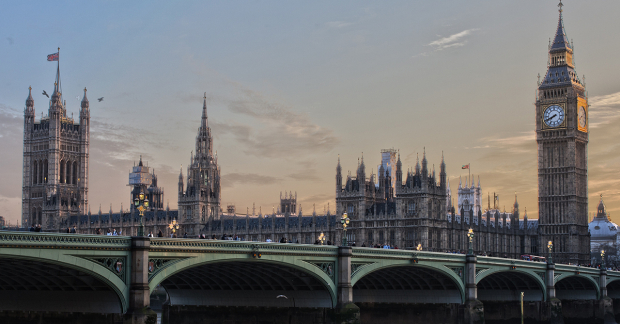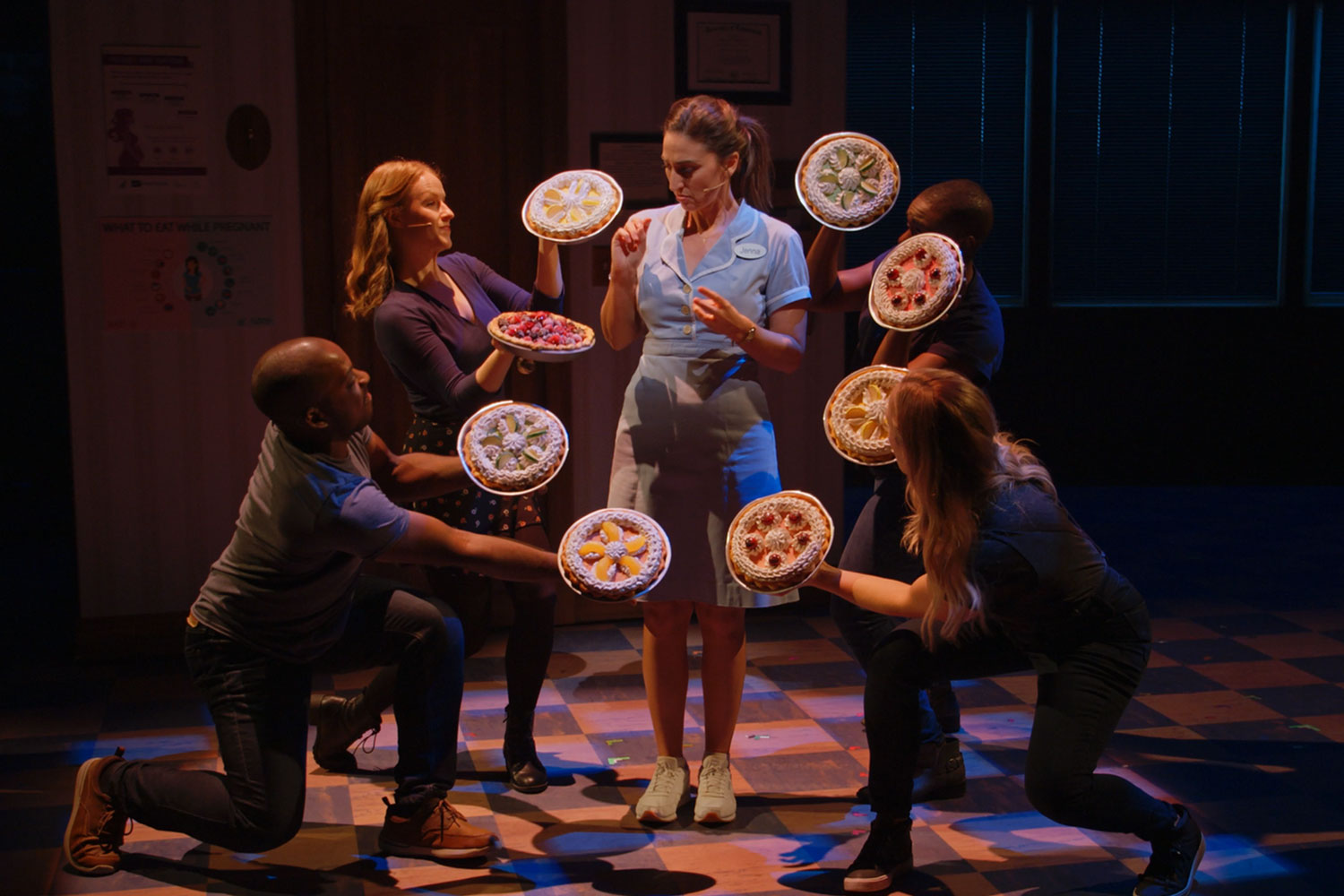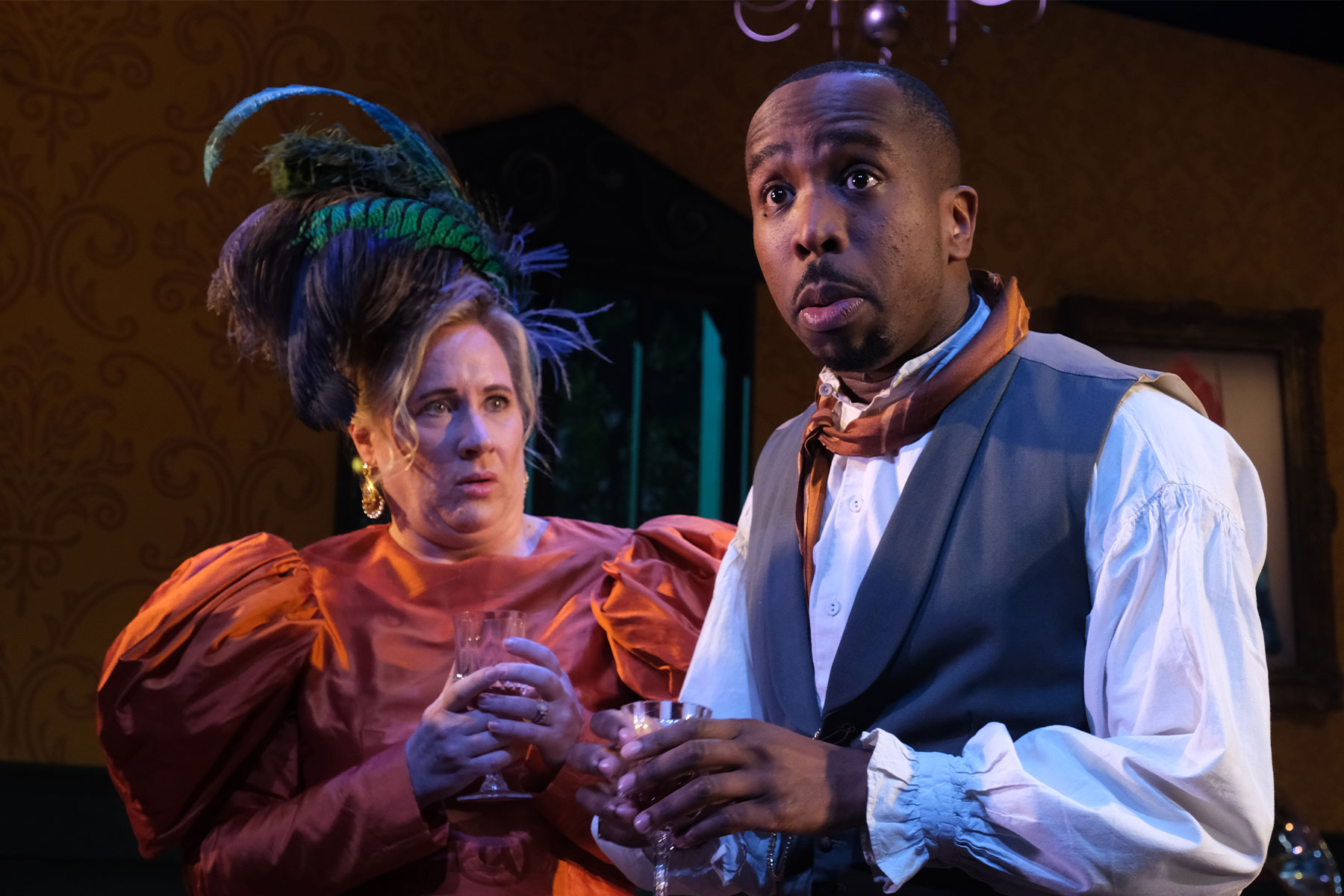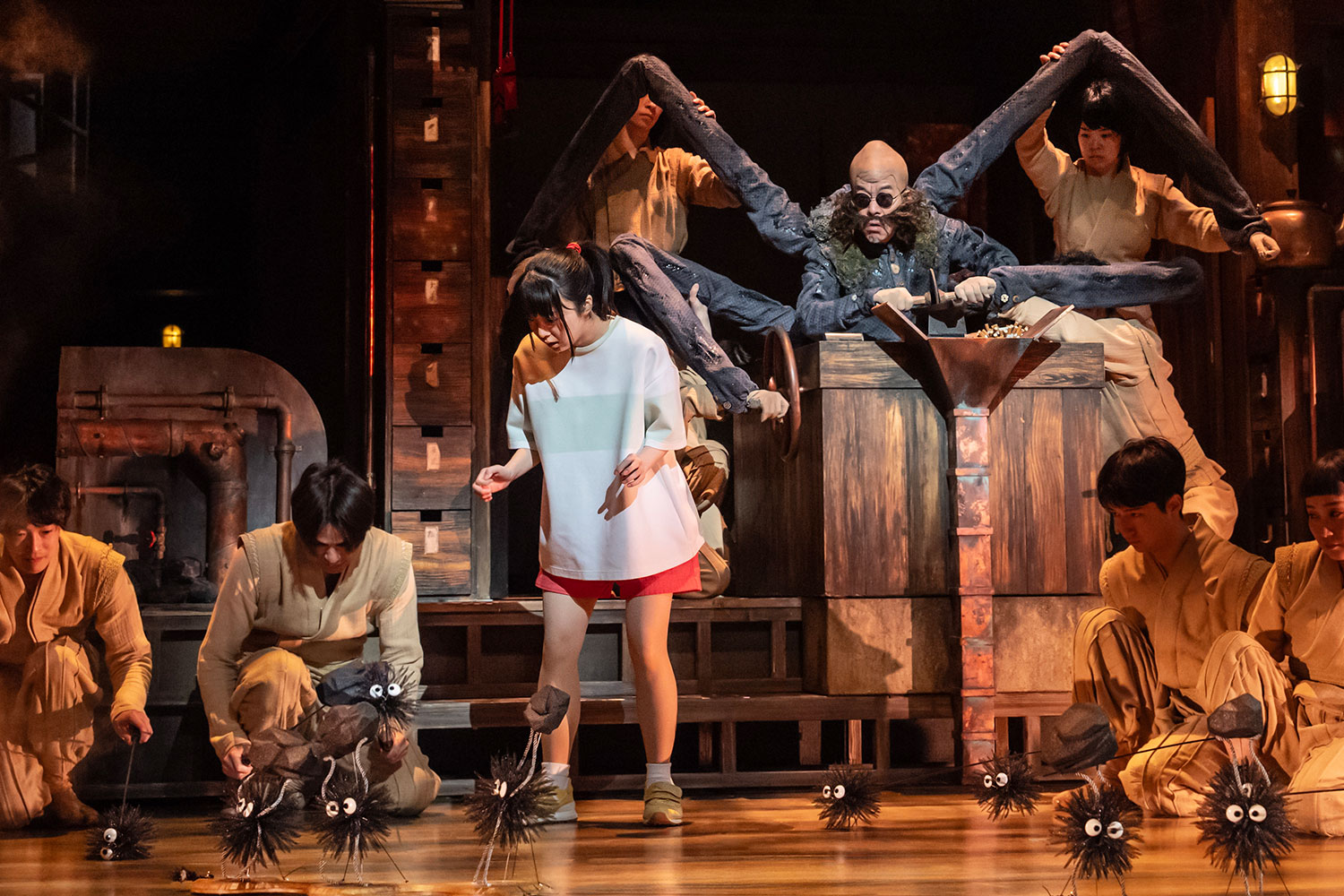House of Lords Committee writes to culture secretary asking for further steps to support creative industries

The House of Lords Communications and Digital Committee, chaired by Lord Gilbert of Panteg, have sent a letter to the culture secretary Oliver Dowden asking what more will be done to help save the arts sector.
Within the letter, Panteg also warns that the new "Cultural Renewal Taskforce", announced by Dowden last week to help oversee the reopening of the sector, will not be able to have a sizeable impact without proper resources.
According to the committee, the lengthy closures will also raise greater barriers for those entering the performing arts from under-represented groups and damage arts education provision.
You can read the letter in full here:
Dear Oliver
Thank you for your letter of 19 March 2020 setting out the Government's approach to supporting the creative industries during COVID-19. I am writing on behalf of the Communications and Digital Committee to ask for further details on how the Government's plans to protect the UK creative industries have adapted to the ongoing COVID-19 pandemic. The Committee is keen to continue engagement with the Government on the
issue.
Public health must be the top priority and we recognise that the Government's guidance is essential to limit the spread of COVID-19. However, the Government's advice that people should avoid large gatherings and gatherings in smaller public spaces, but should also return to work if unable to work from home, is difficult to apply in the context of the creative industries. The performing arts, museums and galleries, and TV and film production all require groups of people in close proximity. At the same time, they largely require ‘in person' attendance by workers and performers. Consequently, the creative industries will likely be one of the last sectors able to reopen fully.
We welcome the Government's announcement of the creation of a Cultural Renewal Taskforce to help address these issues, although are concerned that the impact of the Taskforce may be limited without proper resources. We would be grateful if you could outline what resources, in addition to existing Government support, the Taskforce will have to enable the sector to thrive and any further steps the Government will take to mitigate
the economic impact of prolonged closures and to enable the safe return of employees.
The Committee is also concerned that COVID-19 has had an acute impact on the performing arts, with 70 per cent of artists and craftspeople who support the performing arts being self-employed. The Committee understands that the Government is further considering the eligibility criteria for the Self-Employment Income Support Scheme. As part
of this consideration we would like to emphasise the impact on the performing arts of the scheme's cap, the short duration of the scheme, and the limited funds available to those who have only recently started a self-employed second job and those who have recently taken
parental or adoption leave.
The pandemic could also lead to longer term, more structural issues for the performing arts. A prolonged pandemic may emphasise barriers facing historically under-represented groups, for reasons of class, ethnic background, or disability. Similarly, performing arts education is suffering as a result of school closures. Arts education in general, and theatres in particular, play an important role in collective learning, and lack of access to this learning will have a knock-on impact of the educational and emotional recovery of children, young people, teachers, parents, and carers.
The Committee would therefore be grateful if you could explain what plans the Government has for sustaining and improving diversity and inclusion within the performing arts, and for maintaining arts education during the pandemic. The Committee also seeks reassurance that the Government still intends to introduce an arts premium to fund creative activities in secondary schools, as proposed in the Conservative Party manifesto.
Yours sincerely,
Lord Gilbert of Panteg
Chair of the House of Lords Communications and Digital Committee










